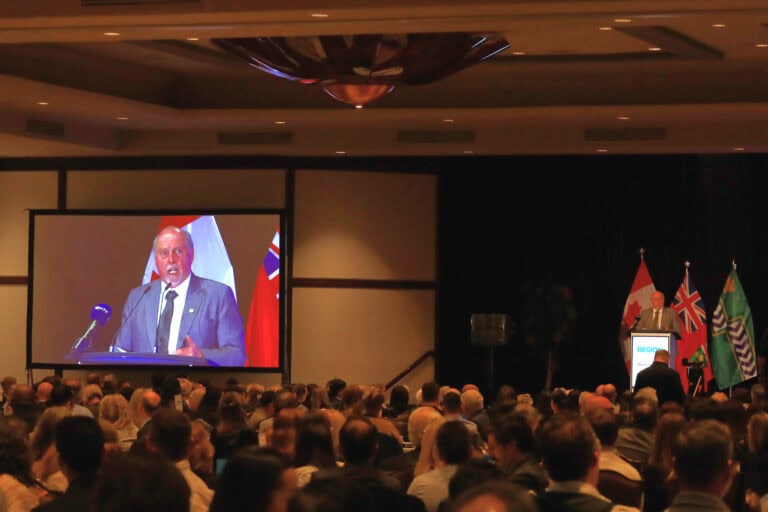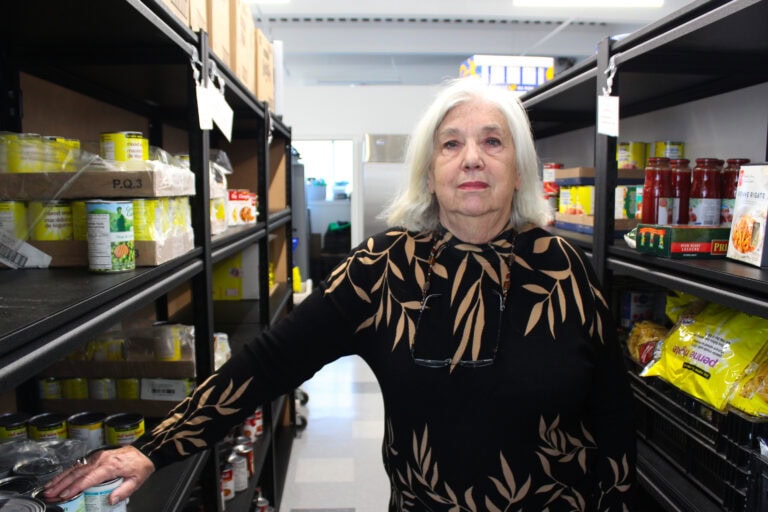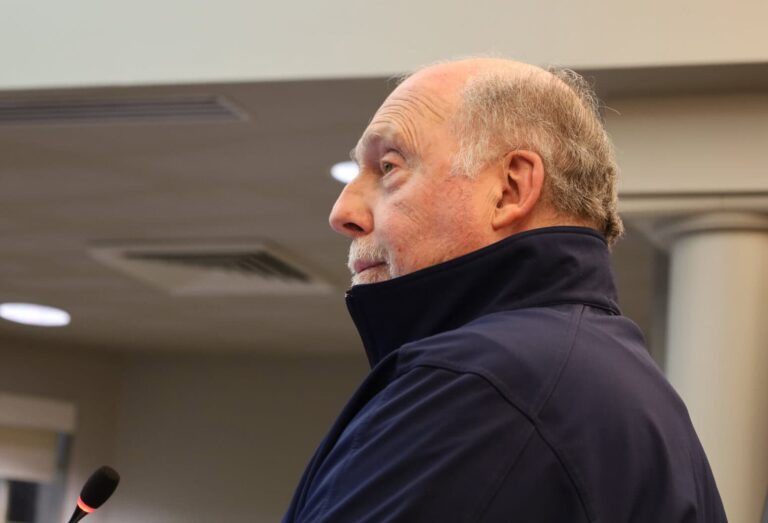After this year’s budget saw property taxes for Niagara-on-the-Lake residents go up by 7.92 per cent, the town is looking at a more modest tax hike for next year of 1.81 per cent.
That increase amounts to an extra $27.87 per household (at an assessed value of $546,000), bringing the total property tax to $1,560.
Kyle Freeborn, the town’s treasurer and director of corporate services, says the smaller hike will not come at the expense of valued municipal services.
“Based on the 2025 levels of service, you can’t expect any changes really in 2026,” he said.
Freeborn said the town “leveraged different revenue sources,” such as parking and municipal accommodation tax revenue, to minimize the increase to property taxes.
This year’s proposed operating budget totals $44.2 million, excluding wastewater costs. Salaries make up about 35 to 40 per cent of municipal budgets, Freeborn noted. The stormwater levy rate is unchanged.
Several councillors told The Lake Report they’re generally pleased with the draft budget despite some initial concerns.
“Overall, this year’s budget finds a good balance between being financially responsible and maintaining the services residents expect,” said Coun. Andrew Niven.
The town plans to invest about $8.5 million in capital projects this year, down from $14.8 million last year.
Freeborn said 55 projects are proposed, including Line 3 road construction from Concession 3 to Concession 4 ($2.36 million), Warner Road reconstruction ($800,000) and the Regent Street culvert replacement ($675,000). Wastewater projects are excluded from those figures.
Lord Mayor Gary Zalepa highlighted four key areas of focus: infrastructure funding, parks and recreation investment, water space and dock funding, and climate change and stormwater projects.
“There’s a significant allotment for projects there,” he said, referring to the stormwater work.
Not everyone supports the proposal.
Steve McGuiness, a member of the Niagara-on-the-Lake Residents Association and a business writer who has contributed to The Lake Report, criticized the budget, saying the town overtaxed residents in previous years.
McGuiness also objected to the use of strong mayor powers in the budget process.
Those powers, granted to Ontario mayors by the province, require the mayor to table a budget and finalize it by Feb. 1. They also give the mayor veto authority over council amendments. A veto can be overturned with a two-thirds council majority.
“To our knowledge, the lord mayor has, to date, failed to publicly commit not to use his veto in the budget setting process,” McGuiness said in an email.
Zalepa said he could use the veto if necessary.
“The answer is that it depends,” he said. “If I see amendments that do not have general consensus, then I most likely will veto those. As they would not pass as amendments in a meeting of council without consensus.”
He said he aims to work collaboratively with councillors, including through “one-on-ones with every member of council.”
Zalepa also raised concerns that the October increase in building permits and planning fees could put the town at a disadvantage.
McGuinness said the changes were overdue, noting that planning fees had not been updated since 2005.
“The planning act requires costs incurred by the planning department to be fully recovered by chargebacks to users,” he said. “Unfortunately, that has not been the case for the last 14 years.”
He said that even with the new fee schedule, the town will not fully recover its costs due to caps meant to stay competitive with surrounding municipalities.
Freeborn called the fee hikes a “good news story,” saying they align fees with actual costs.
“Planning fees, for example, they were up to 70 per cent subsidized in taxes, so that’s the resident paying more for planning services,” he said.
He acknowledged the hikes could discourage some developers from coming to Niagara-on-the-Lake.
Councillors can submit budget amendments starting Nov. 17, with final approval scheduled for Dec. 3 during a special council meeting.
This year’s process is significantly faster than last year’s, when the budget was finalized in March. The accelerated timeline stems from the strong mayor legislation.
The 1.81 per cent increase comes after the town accounted for an assessment growth of one per cent, sum of all the changes that happen to the tax base during the year.










